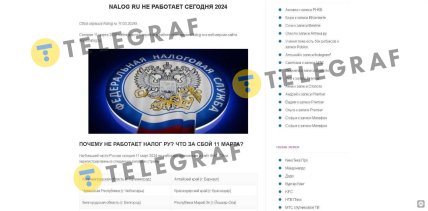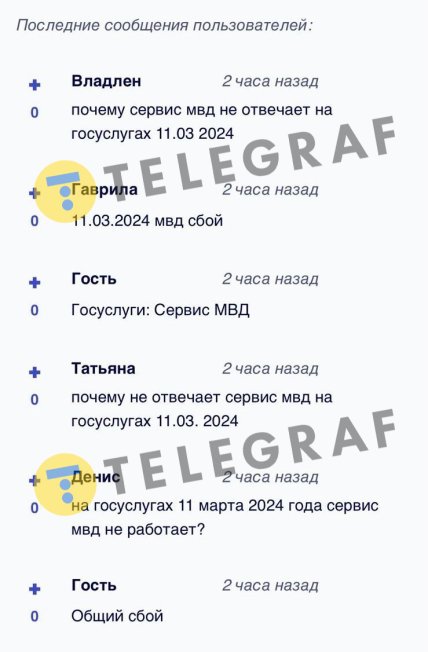For the third day in a row, Russia’s transportation network has been disrupted by the actions of Ukrainian cyber experts who have restricted Russians’ access to payment systems and other services,writesTelegraph.
On March 11, Ukrainian cyber troops conducted the largest DDoS attack on Russian online resources during the war, according to sources in Ukraine’s Main Intelligence Directorate.
The attack began with the disabling of the Troika payment system used to pay for travel in Moscow public transportation.
Later, we managed to to put the Mosmetro website itself – access to it appeared only on the third day. The failure directly affected the functioning of the Moscow subway, completely paralyzing its operation for some time. Trains stopped and passengers were kicked out of the cars without explanation.
Later, serious disruptions occurred in the work of the Kazan Metro and public transport in 38 regions of the Russian Federation where the Troika transport card is used.
Passengers in more than 20 regions of Russia are still unable to buy train tickets online – the Russian Railways website has been down since March 11 and as of March 13, in particular, in Moscow, Ulyanovsk, Astrakhan, Chelyabinsk, Tyumen, and Volgograd regions.


Problems have also arisen in Bryansk, Kursk, and Belgorod regions, where security forces and the Russian Armed Forces are currently clashing with Russian volunteers who have recently crossed the border. That is, leaving these cities is now as difficult as possible; Local authorities do not publish or comment on this information in any way.
In addition, the following sites are unavailable ticket.rzd.ru andtravel.rzd.ru. All of this creates problems not only for passengers but also for Russian logistics, as it is currently impossible to conclude an online agreement for the transportation of goods by rail in many regions of Russia.
The consequences of the Ukrainian DDoS attack for Russia are not limited to this. In addition to the aggressor state’s transportation system, the hackers managed to gainaccess to the popular Russian accounting program 1C: First Bit. It is used by both state-owned enterprises and private institutions for accounting and financial reporting. As a result of a server failure at the central office in Moscow, the work of thousands of Russian companies is practically paralyzed. In addition, they managed to gain access to “specific data”. In particular, those related to the defense industry.





Public procurement in Russia is also very difficult at the moment. As a result of an attack on Russian government services, the websites and mobile applications of the Federal Tax Service were suspended. This includes the Nalog.ru portal. The database of the departmental security of the Russian Ministry of Finance was partially destroyed (i.e., the structure that guarantees the security of financial institutions in the territory of the aggressor country).

The portal of the Mayor and Government of Moscow mos.ru is also inaccessible, as is the website of the Russian Interior Ministry. We managed to put the website and applications mosgortelecom.ru, a mobile operator and Internet provider for Russian government agencies.

Large Russian oil refineries and gas producers have also lost access to their websites: Gazprom and Tatneft (as they say, not by drones alone). An aircraft plant in Ulan-Ude also received a bonus.


Ukrainian hackers, with the support of GUR specialists, apparently managed to identify “weaknesses” in the Russian financial system. The fact that Russia is unable to fix the failure and restore key services within three days indicates a very serious scale of the “damage.”
“We have found a weakness. We thank our “colleagues” for their help. Now such “failures” in Russia will become regular,” commented the cyber specialists involved in the attack.


Leave a Reply